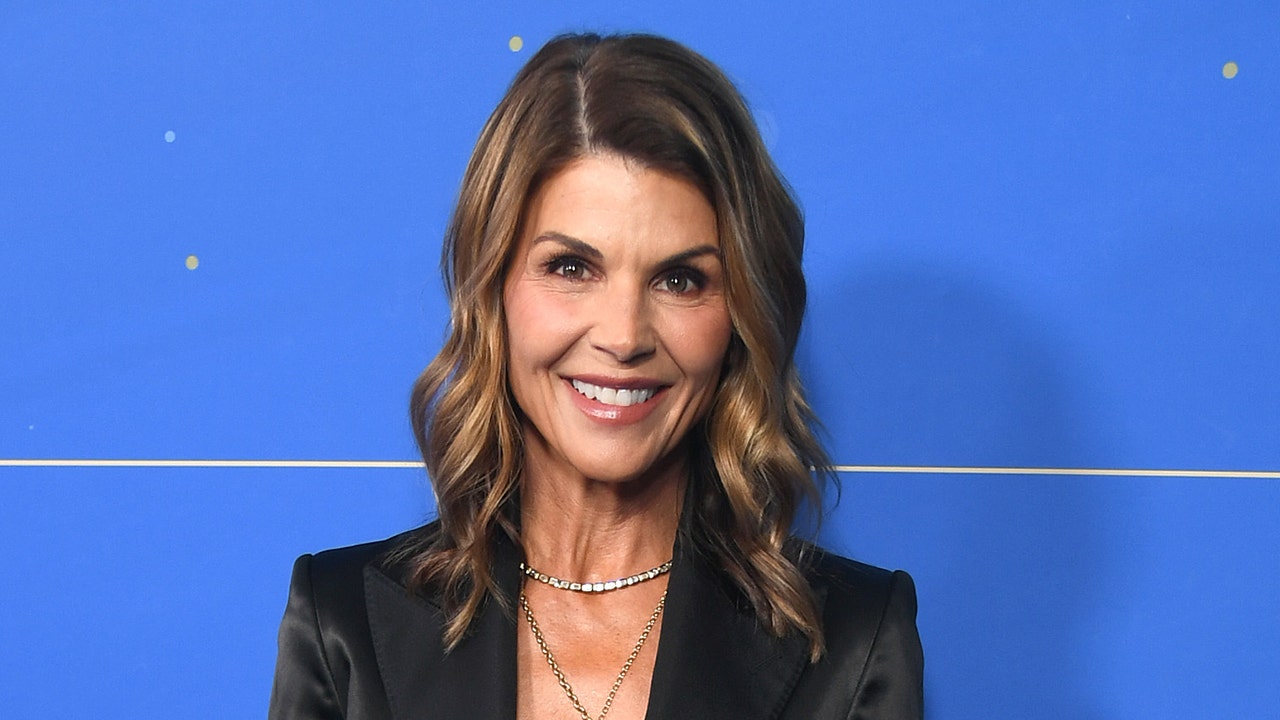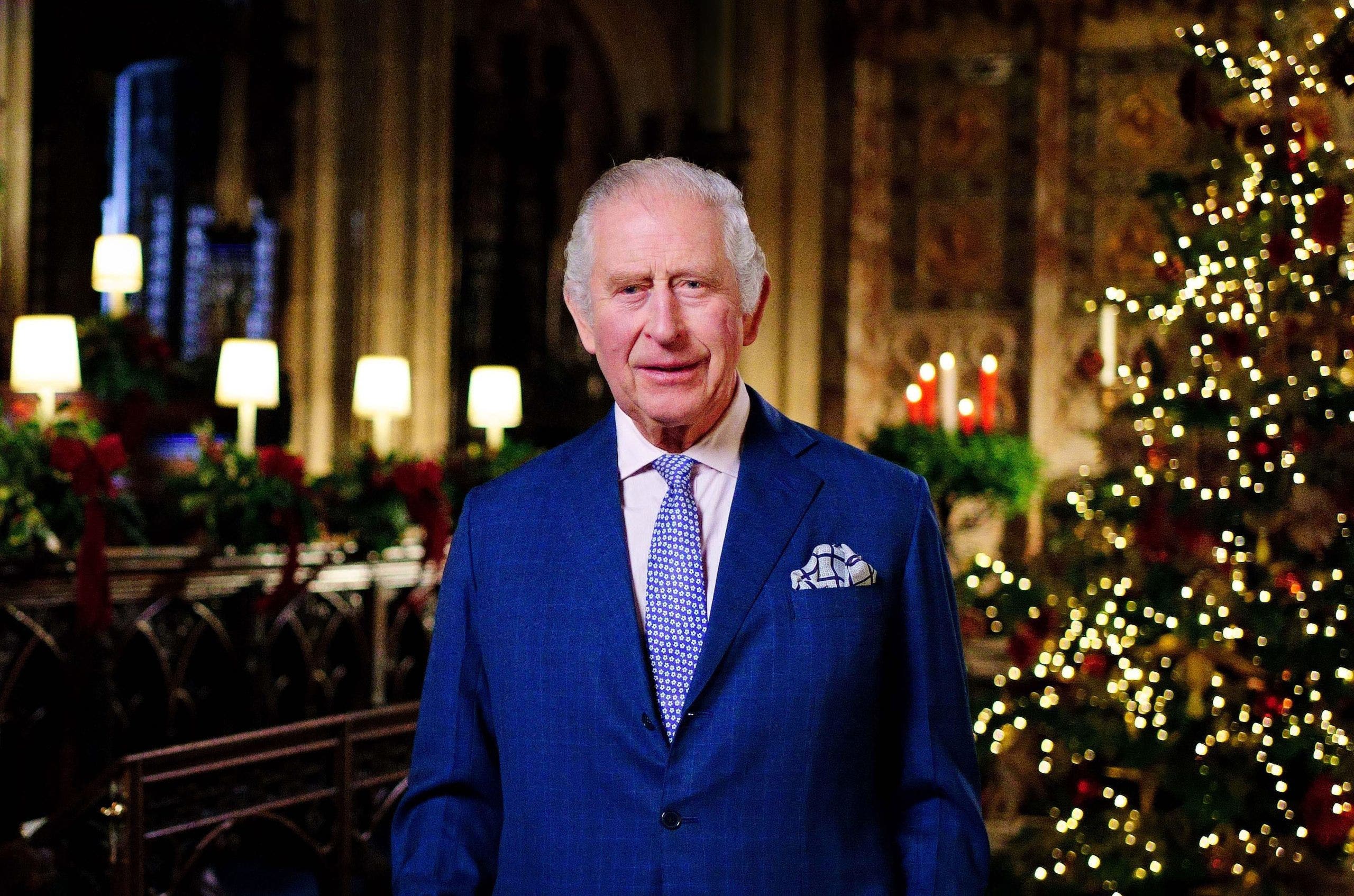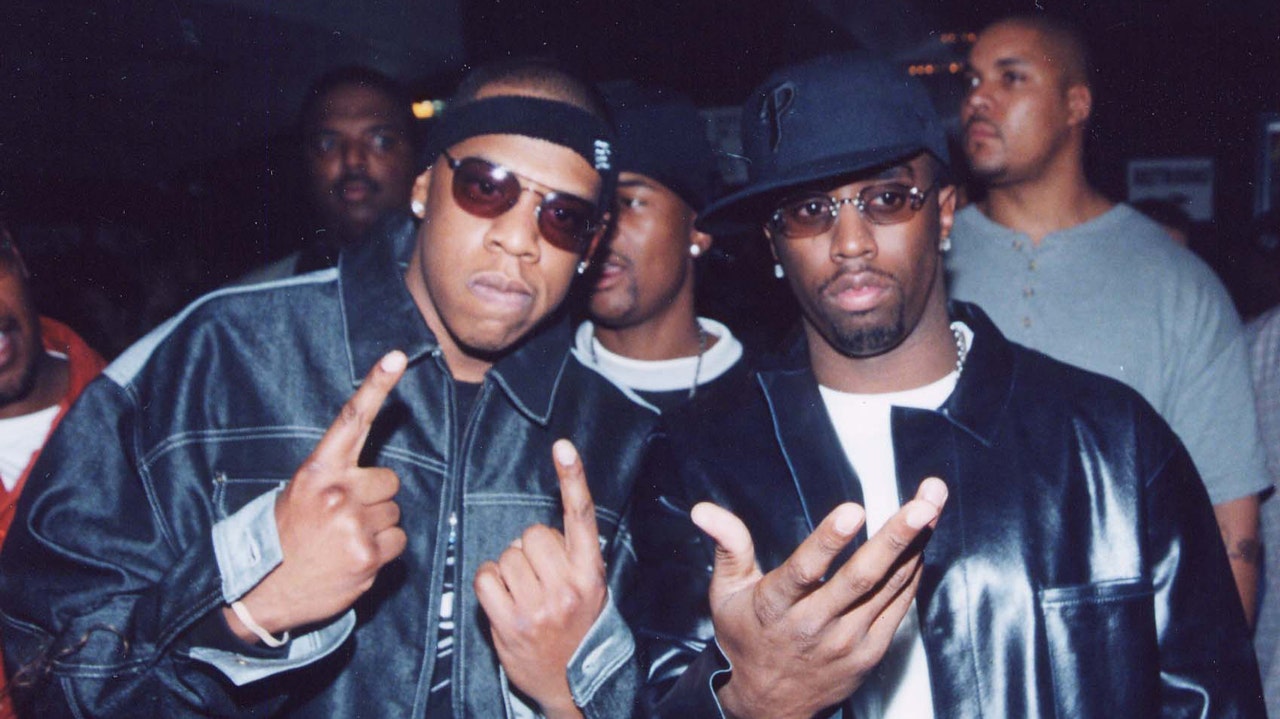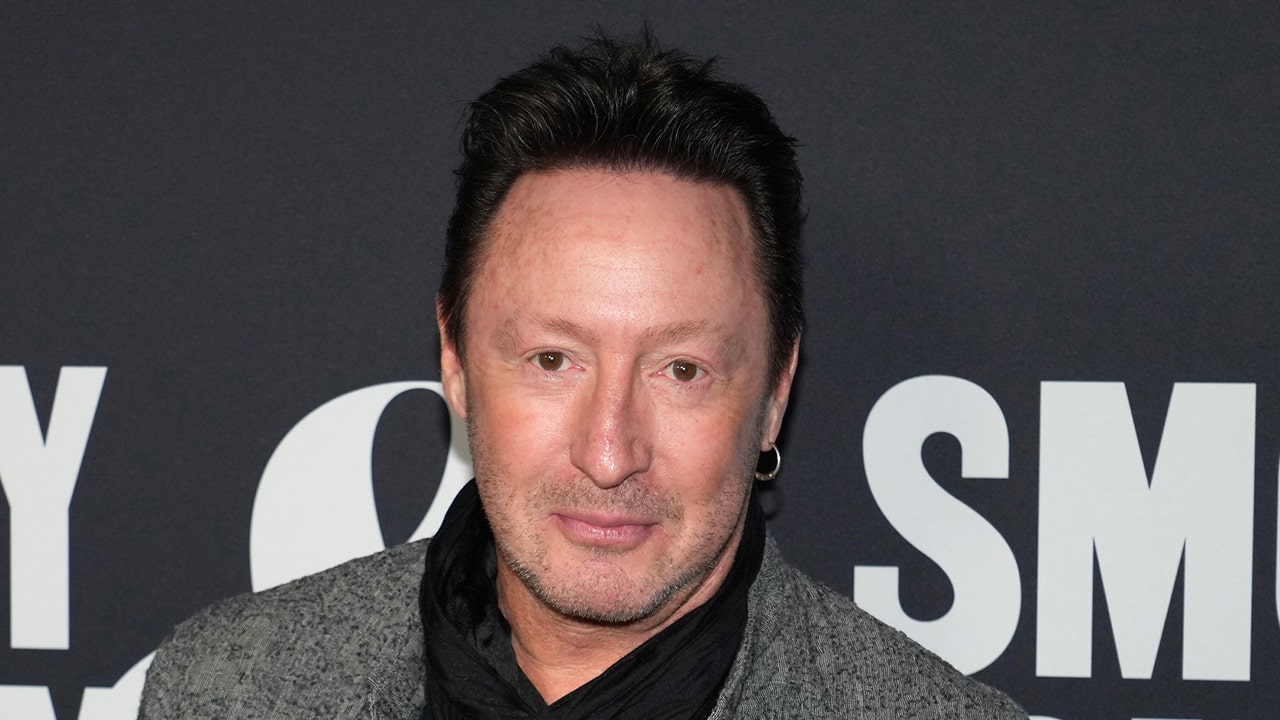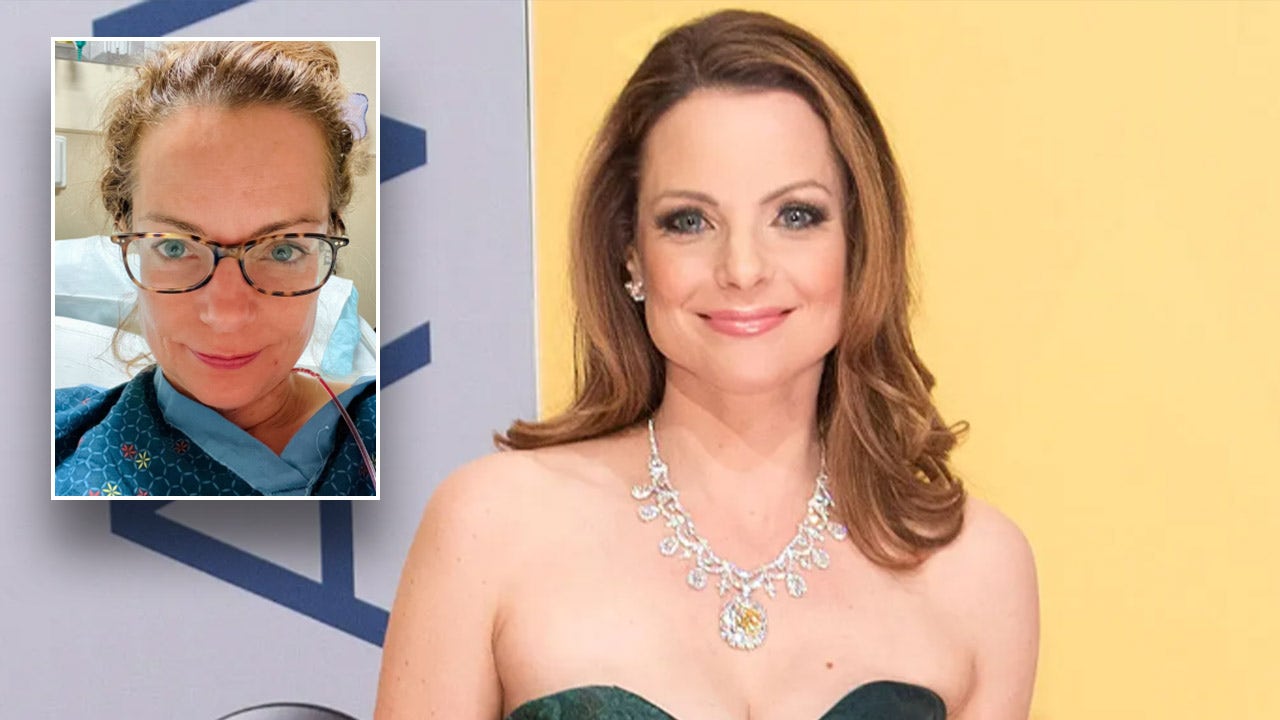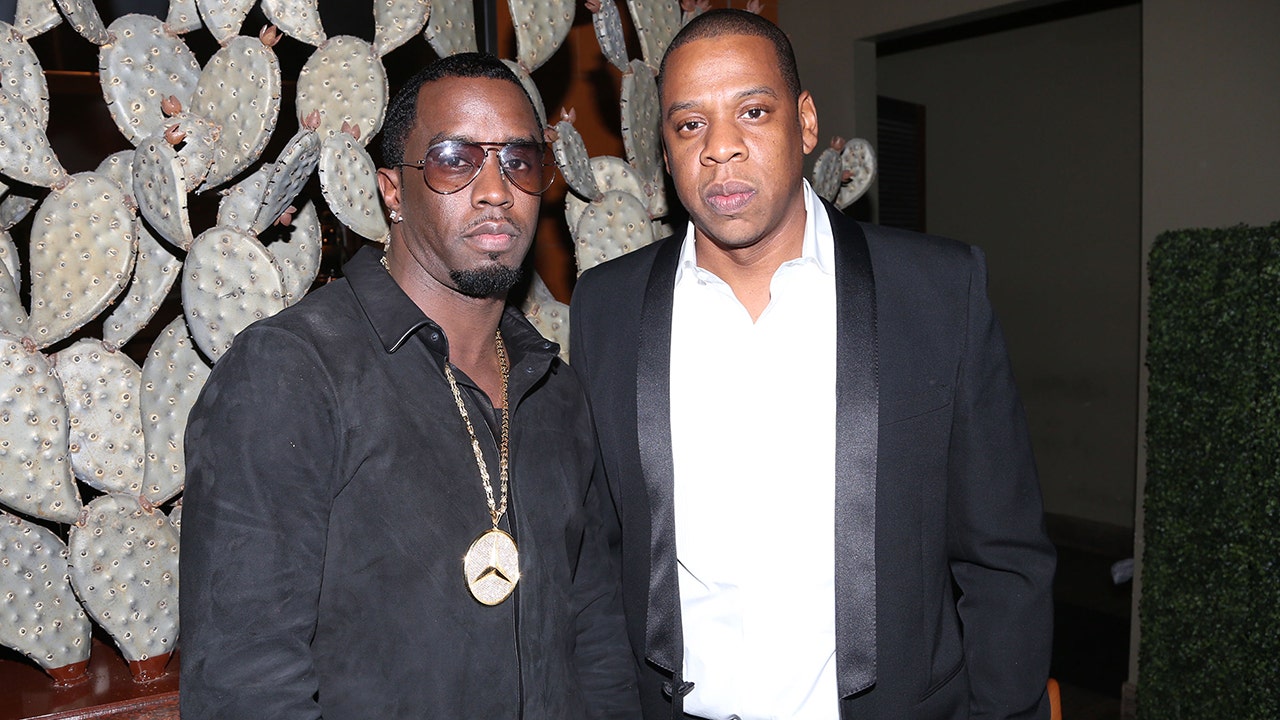The Jay-Z and Diddy accusations create an air of mystery surrounding the identity of “Celebrity B.” This unfolding drama raises eyebrows and evokes curiosity, leaving the public to wonder about the truth behind the allegations.
Initially, the lawsuit outlined a harrowing scenario where Diddy allegedly raped a minor under the eyes of “Celebrity A” and “Celebrity B.” In this refiled allegation, Jay-Z, whose real name is Shawn Carter, stands as “Celebrity A.” The case was brought forth by an anonymous accuser claiming that Jay-Z also engaged in the disturbing act of sexual violence, together with Diddy and the unnamed woman watching.
According to the lawsuit, the plaintiff says, “Plaintiff was held down by Carter as he vaginally raped her, while Combs and Celebrity B watched.” The graphic nature of these statements shocks the community and raises profound concerns about celebrity accountability and moral duty.
Julia Jayne, a criminal defense lawyer, pointed out that “Celebrity B” would likely remain silent, fearing the tarnishing of her reputation. “Likely, that celebrity’s name will come out, but no celebrity wants to be associated with this case, even as a witness,” Jayne said. The weight of public perception and potential backlash loom ominously over celebrities entangled in such scandals.
“Likely, that celebrity’s name will come out, but no celebrity wants to be associated with this case, even as a witness. It would be negative publicity.”
Oleg Nekritin, also a defense attorney, reflected on the dire implications of being linked to such grave accusations. “Being accused of aiding and abetting or participating in a sexual assault of a minor is terrible for one’s reputation and career,” he stated, raising poignant questions about the societal impact of such allegations on individuals’ lives.
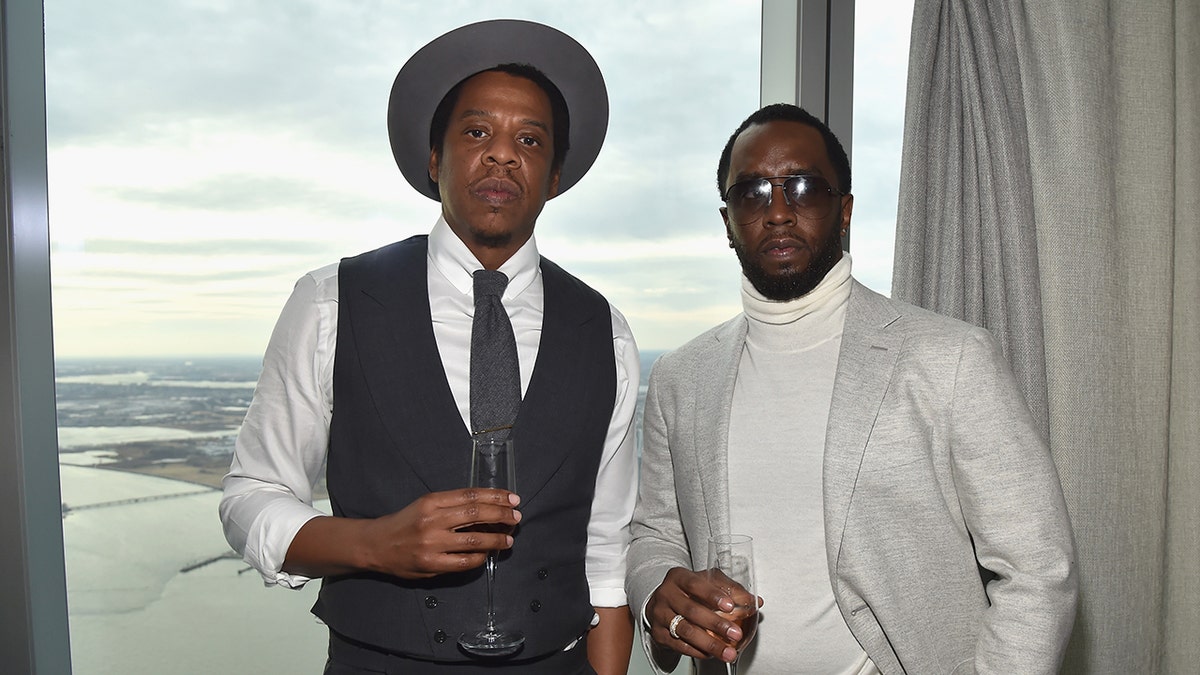
He also voiced skepticism regarding “Celebrity B’s” potential cooperation with the plaintiff, pondering the complexities of truth in a landscape rife with deception. “There will be no chance of this celebrity cooperating with the plaintiff unless there is strong proof of the celebrity’s misconduct.”
“Unless there is credible evidence of misconduct, the celebrity will not look to settle this case. Instead, the celebrity will look to fight and protect their name.”
Lauren Johnson-Norris, yet another criminal defense lawyer, has speculated that perhaps “Celebrity B” has already been identified, which adds another layer of intrigue to this tangled web.

Meanwhile, Jay-Z remains steadfast in his denial of these mounting allegations, characterizing the behavior of Texas-based lawyer Tony Buzbee as blackmail. Buzbee countered Jay-Z’s claims, stating that his client had never demanded money to corroborate the shocking claims.
The case against Diddy is equally harrowing. He faces serious charges including racketeering conspiracy and sex trafficking, a troubling indication of a potential environment rife with exploitation, as described in the federal indictment. The indictment alleges that Diddy organized “Freak Offs”— elaborate sex performances involving multiple participants, further casting a shadow over the entire entertainment industry, one riddled with troubling undertones.
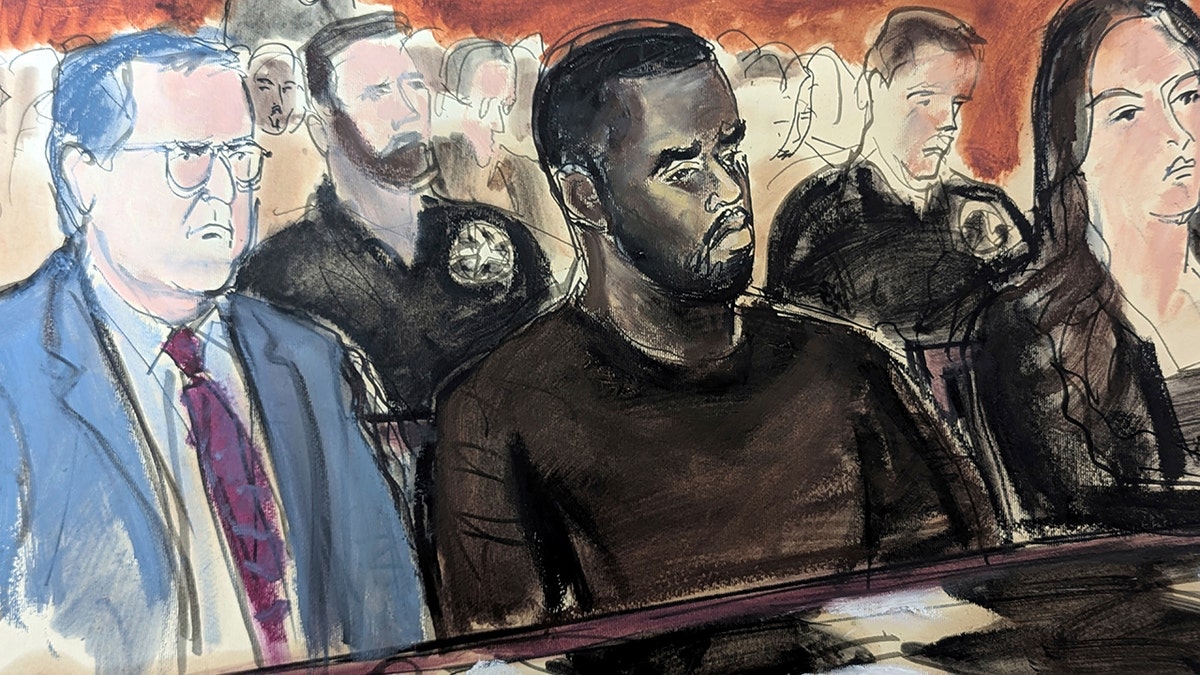
In the fallout of these charges, Diddy risks severe consequences; a guilty verdict could mean spending a minimum of 15 years— or potentially life— in prison. Meanwhile, Judge Arun Subramanian has scheduled Diddy’s trial to commence on May 5, and the unfolding narrative warrants careful examination as it may forever alter the course of those involved.
In a world marred by fame and the thirst for power, the blurred lines between celebrity status and accountability emerge as critical, mesmerizing topics that invite collective introspection. A random fact: Did you know that the average person now spends more than 2 hours a day on social media? This phenomenon shapes perceptions, influences opinions, and can even turn a celebrity’s image into a complex tapestry of public adoration and scandal.


























